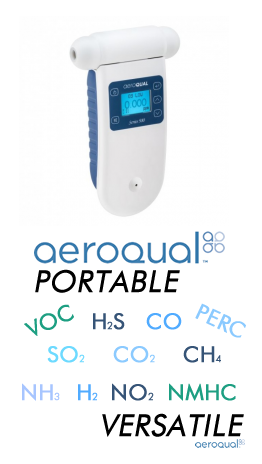Bromine Information

Bromine
|
Other Names |
Dibromine, Brom |
|
Chemical Formula |
Br2 |
|
CAS Number |
7726-95-6 |
|
Industry Uses |
Fire Retardants, Photographic Film, Well Drilling Fluids, Organic Chemistry |
|
Health Risks |
Dizziness, Headache, Lacrimation (discharge of tears), Nosebleed, Cough, Skin Burns, Abdominal Pain |
|
Vapor Pressure |
172 mmHg |
|
Water Solubility |
Slightly Soluble |
|
Flammability |
Non-Flammable |
|
Odor |
Pungent, bleach-like, irritating |
Bromine MSDS
What is Bromine:
Bromine is a homogeneous halogen which is an inorganic non-metal compound in which the largest atom is a noble gas. Bromine is non-carcinogenic but toxic. Bromine is a red-brown liquid at room temperature that evaporates to form a similarly colored gas. Bromine has a sharp, unpleasant odor. Bromine compounds are used in well drilling fluids, photographic film, and as an intermediate in organic chemistry. Bromine is also used in flame retardants.
Bromine Exposures and Health Risks:
Since Bromine readily evaporates at standard pressure, it is commonly present in liquid and gas phases. This allows for inhalation, ingestion, and skin/eye contact. Bromine inhalation will cause dizziness, headaches, as well as lacrimation (crying), coughing, and nosebleeds. Ingestion can cause abdominal pain and diarrhea. Direct contact can cause measles-like eruptions and burns to the skin or eye. Large amounts of bromine are toxic and cause bromism, a disease that has neurological, psychiatric, gastrointestinal, and dermatological effects. Should skin contact occur, wash immediately with soap and water and remove contaminated clothing. Should inhalation occur, remove to fresh air and provide oxygen support if necessary. If bromine is ingested, contact medical assistance immediately.
Regulations:
The table below summarizes the most-recent exposure limits.
|
Limit/Level |
Type |
Organization |
|
0.033 ppm |
AEGL-1 (8 hrs) |
EPA |
|
0.095 ppm |
AEGL-2 (8 hrs) |
EPA |
|
19 ppm |
AEGL-3 (10 min) |
EPA |
|
3.3 ppm |
AEGL-3 (8 hrs) |
EPA |
|
0.1 ppm |
TWA (8 hrs) |
NIOSH |
|
0.1 ppm |
TWA (8 hrs) |
OSHA |
|
0.3 ppm |
Short Term Exposure Limit |
OSHA |
Measuring Bromine: What type of Bromine component are you looking for?
| Fixed Mount | Handheld | Dissolved Kits: | Replacement Sensors: | Calibration Gas: | Rentals: |
 |
 |
 |
 |
 |
 |
All sensors require a yearly calibration to ensure your gas measurements are accurate and performing within manufacturer standards. This page is desiccated to the individual manufacturers we represent and their specific calibration procedures.
**Calibration Service Request Form **
|
Calibration costs do vary, see below to get an estimate: Calibration Fee: $150 Analyzer Calibration Fee: $300 PM Calibration Sensor Fee: $330 Genie Calibration Fee: $265 ATI Calibration Fee: $205 ** note that prices are subject to change per labor and parts required. |
Contact us for help choosing the right Bromine Sensor for your application















